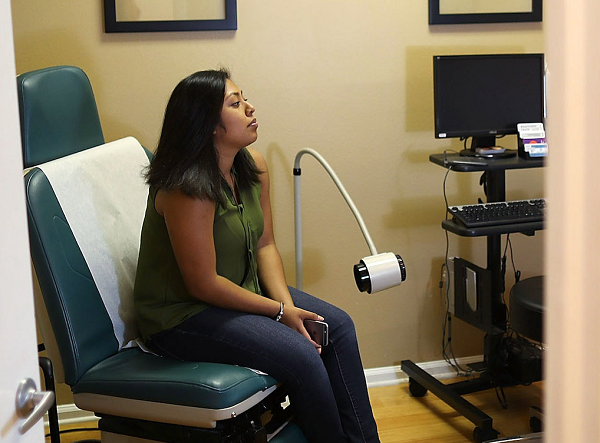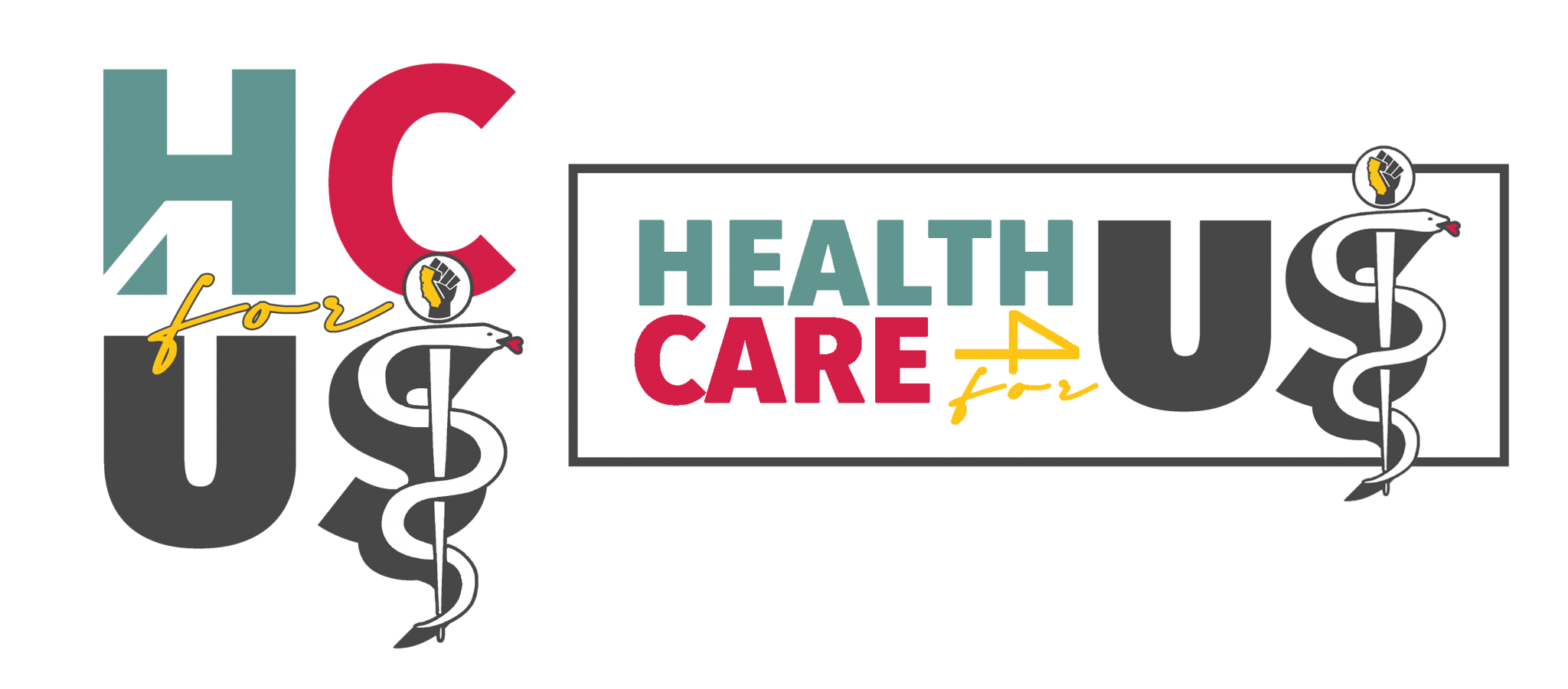US Health Care Sucks, Even If You Have Health Insurance
Interview with Amy Finkelstein, interviewed by Sara Van Horn and Cal Turner
Published August 21, 2023
 It is a gross injustice that 30 million Americans lack health insurance — but the insured also face serious problems, paying through the nose for substandard care. We need a universal, automatic, free health care plan.
It is a gross injustice that 30 million Americans lack health insurance — but the insured also face serious problems, paying through the nose for substandard care. We need a universal, automatic, free health care plan.
The American political mainstream often frames universal health care as too expensive, too extreme, and, above all, impossible. Even while acknowledging that the exhausting jumble of private insurance, public programs, and government stopgaps is grossly inadequate, centrist Democrats advocate for incremental patches instead of systemic change.
Amy Finkelstein, award-winning Massachusetts Institute of Technology economist and MacArthur Fellow, argues that the mosaic of private and public insurance in the United States is costly, inefficient, and brutally inadequate for both uninsured and insured Americans. In their new book, We’ve Got You Covered: Rebooting American Health Care, Finkelstein and Stanford University economist Liran Einav lay out a blueprint for a health care plan that is universal, automatic, basic, and free — as well as a convincing case that universal health care is not only necessary but possible.
Sara Van Horn and Cal Turner spoke with Finkelstein for Jacobin about the current failures of health care in the United States, the political struggles that led to universal coverage in other high-income countries, and the historical evidence that the United States is already committed to providing health care to all.
SARA VAN HORN
Why do we need universal health care in the United States, and what is the current state of our health insurance system? Who is it working for, and who is it failing?
AMY FINKELSTEIN
The current state is not good, to put it mildly. We don’t have universal coverage — we have a universal mess.
While a lot of the public policy discussion focuses, with understandable reason, on the challenges facing the thirty million Americans who lack health insurance, the problems run much deeper. They also exist for the 90 percent of Americans fortunate enough to have health insurance at any given moment. The key point is that health insurance is not actually a medical product. It’s a financial product that should be designed to protect people economically when they encounter large medical bills so that they don’t have to forgo getting essential care or struggle with housing, clothing, or food to pay their medical bills.
Of the thirty million Americans who lack health insurance at any given moment, estimates suggest that about six in ten of them are eligible for free or heavily discounted health insurance. They just don’t have it. They may not realize that they’re eligible for a program, they may have encountered difficulties assembling all the documentation and filling out all the forms to get access to that coverage, or the program has certain eligibility requirements and they have to periodically recertify that they still have the disease or that their income is low enough.
While a lot of the public policy discussion focuses on the challenges facing the thirty million Americans who lack health insurance, the problems run much deeper.
There are two major problems confronting the 90 percent of Americans with health insurance. The first is a high degree of insurance uncertainty. One in four Americans under sixty-five will be uninsured at some point over a two-year period. Most insured Americans face the risk of losing their insurance coverage if they lose their job, or get sick, or their income goes up, or they get a little older, or — in some strange cases — they get healthier, because many of the public programs are disease-specific. If you think of insurance as providing economic security, the idea that insurance itself is insecure and uncertain makes no sense at all.
The second major problem faced by people with insurance is that an enormous amount of medical debt in the United States is incurred by households with insurance. There are $140 billion dollars in unpaid medical bills held by collection agencies. That’s more than is held for all other consumer debt from nonmedical sources combined. Three-fifths of that medical debt is held by households that have insurance.
When you ask, “Who is insurance working for?” the answer is: very few people. People with employer-provided private health insurance risk not only losing that coverage if they change or lose their job, but also incurring large medical debts because of high deductibles. For people with Medicaid, the public health insurance for low-income individuals — which is about a fifth of the population — it’s highly uncertain. About one in five people with Medicaid will lose their coverage over a two-year period, either because they lose eligibility or fail to recertify their eligibility.

